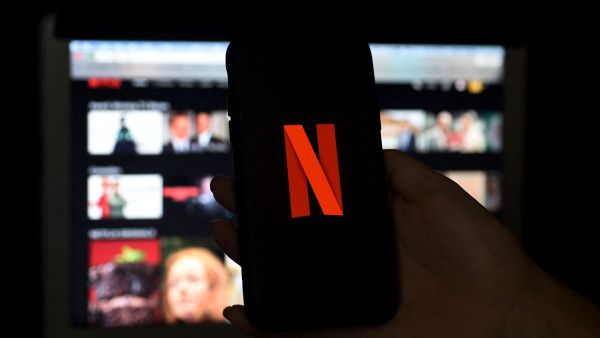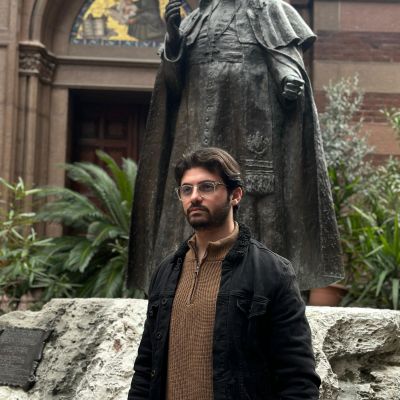ALBAWABA - Netflix, a famous movie streaming service, formerly had a Palestine section with over 30 films on family, perseverance, and life under occupation.
However, as of October 13–14, just two videos remain out of 32 in the "Palestinian Stories" area, which has caused negative reactions from human rights activists and internet users.
The massive streaming company's divisive decision raises questions about the influence of Israeli lobbying groups on the platform's decisions.
Allegations state that under Israel's attack on Gaza, Zionist advocacy organizations pressured the Palestine-related films off-screen.
Activists challenging the reasons for the sudden removal have started a petition asking Netflix to restore the collection.
Freedom Forward, a rights group, sent a letter to Netflix asking, "How does Netflix justify the removal of so many films by or about Palestinians, one of the world's most politically marginalized communities, especially at a time when Palestinians are facing genocide in Gaza?" The letter also raised questions about the possible involvement of "pro-Israel lobbying or advocacy organizations" in influencing Netflix's controversial decision.
Even before Netflix added the videos to their collection in October 2021, the Zionist lobby had begun an anti-collecting campaign. The Times of Israel reported that Im Tirtzu, a far-right Israeli watchdog, criticized Netflix's "Palestinian Stories" collection, asserting that 16 out of the 19 featured filmmakers support the BDS movement, which opposes Israel.
CODEPINK, a social justice organization that supports Palestine, strongly criticized the streaming giant's decision to remove the content, calling it "a literal erasure of Palestinians' stories and perspectives from popular culture."
The systematic removal of Palestinian voices prevents larger audiences from witnessing the horrific occupation, apartheid, ethnic cleansing, and now the genocide of Palestinians, according to the statement.
Children of Shatila, directed by Mai Masri and set in a refugee camp, and Ave Maria, a short satire by Basil Khalil, both of which were popular but have since been removed, were about Palestinian nuns assisting an Israeli settler family.










